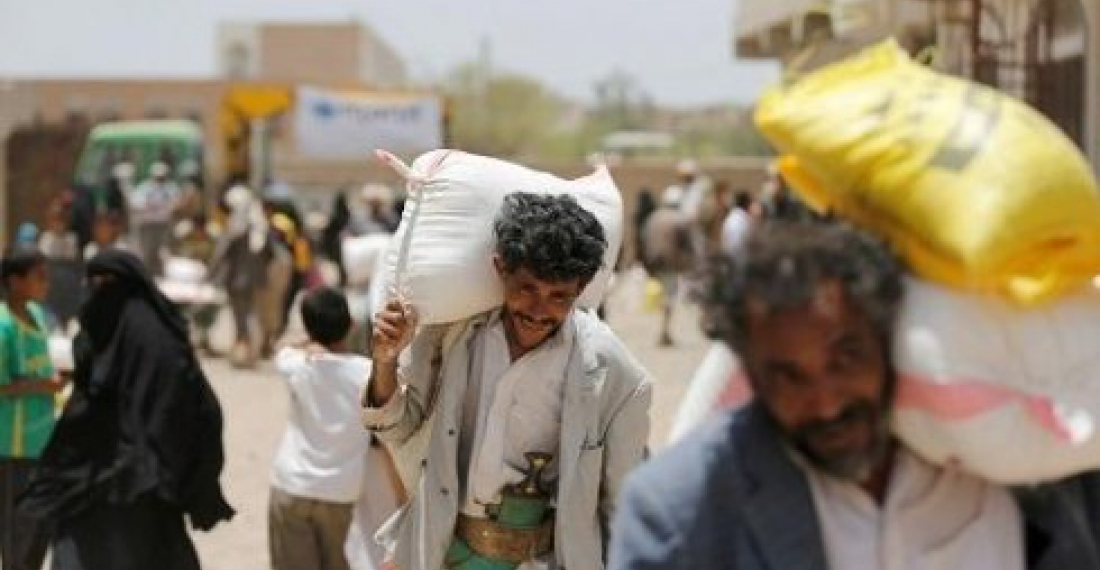A report published by Human Rights Watch (HRW) blamed the Houthi rebels as well as other parties to the conflict in Yemen for obstructing the delivery of aid. Allegations of corruption of humanitarian aid organsations increased in the past few years.
The report says that the Houthis have a "particularly egregious record of obstructing aid agencies from reaching civilians in need" by diverting relief items to their own organisation, blocking aid containers at ports they control and, preventing aid assessments to identify people's needs.
The report says that obstruction in government-held areas of Yemen has also increased. The government and the Southern Transition Council, which holds areas in the South, did not respond to the allegations. Meanwhile the Houthis said that aid organisations are to blame as they take orders from the United States.
The UN and the international community have pressured the Houthis into some concessions, with the rebel group agreeing this year to not interfere in the independence of aid organisations. But UN aid organisations were also criticised by HRW for shortcomings, including conceding to demands related to the control of the distribution of aid, giving money to corrupt ministries, and failing to investigate the complicity of UN bodies in aid diversion.
Read the HRW Report here
source: commonspace.eu with agencies






